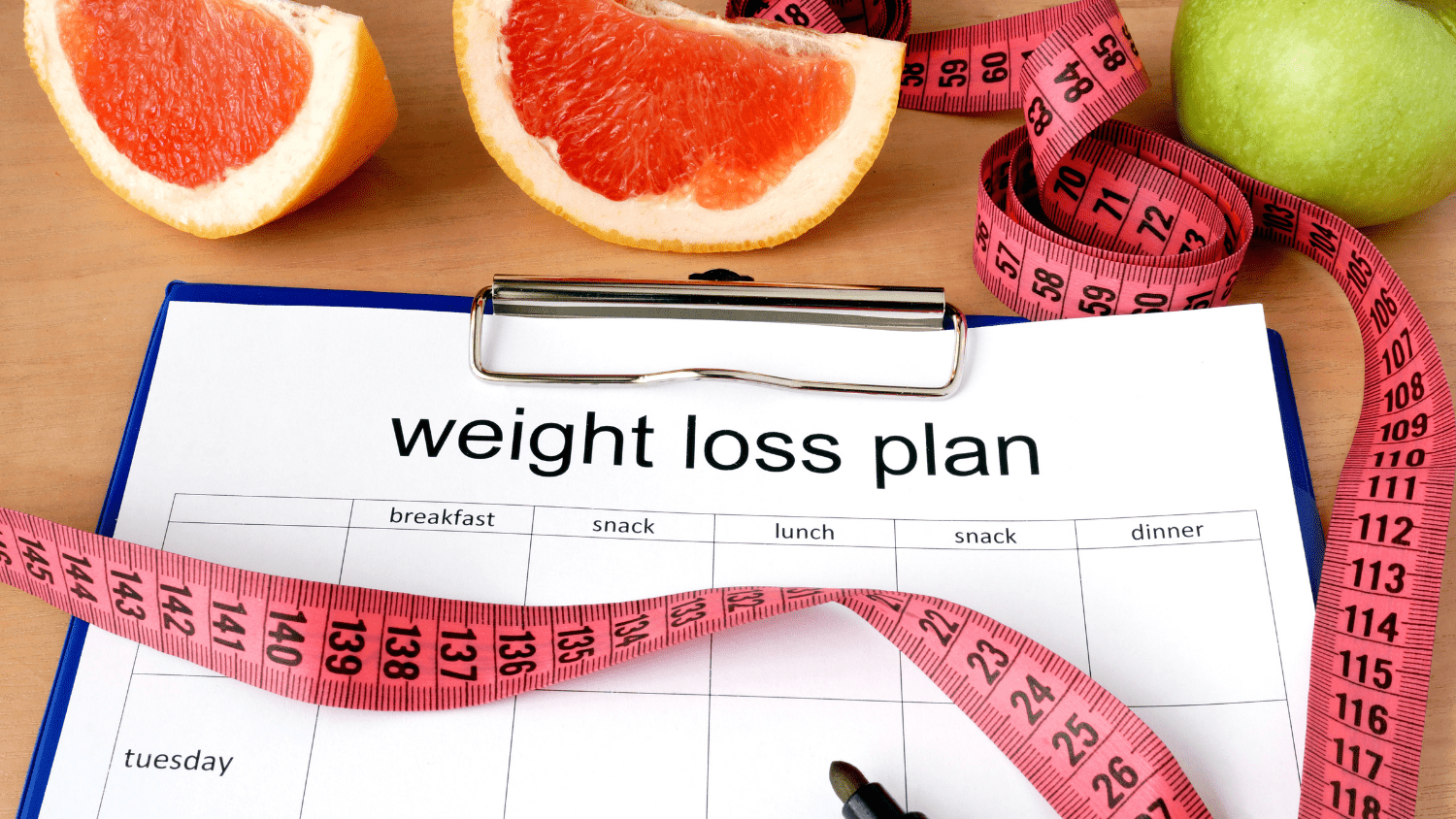If there’s one thing that you absolutely must come to understand as you go about your weight loss journey it’s what a calorie is. Calories are essentially the primary determinant of whether you lose body fat or not. Take in too many and you’ll be providing more than enough energy to the body and fail to see weight loss taking place.
Take in too few and you’ll force your body to turn to body fat stores for energy, thus obtaining fat loss success.
It’s getting your calorie balance under control that will be the most important thing to do first when setting up a diet plan so let’s go over some of the most important things that you must know about calories.
What Is A Calorie?
The very first thing that you need to understand is precisely what a calorie is. A calorie is essentially a unit of energy that’s found in the foods that we eat. The body is going to use calories to produce fuel as well as for energy purposes to execute all the various different chemical reactions that take place.
Each and every second of the day, your body is burning up calories. It doesn’t matter if you’re sleeping, walking to work, cooking dinner, or running on the treadmill at the gym, your body will be burning up calories.
How many calories it burns is related to a variety of different factors, with the primary one being the intensity of the activity. The more intense the activity is, the more total calories you will burn.
How Do Calories Relate To Macronutrients?
Another important thing to note about calories is how they relate to the macronutrients. Macronutrients are types of calories that are referred to as carbohydrates, proteins, and fats. Each of these macronutrients is essential for good health, so you need to get a good variety in your diet each day.
Protein calories will supply the building blocks that your body needs to generate new bodily tissues while carbohydrate calories provide glucose for the brain to function as well as for you to perform daily movements. Carbohydrates are going to also fuel any high intensity exercise being performed as the muscles require glucose as a fuel source for this.
Finally, fats are the nutrient that will provide a long term source of fuel once glucose is exhausted and will be utilized during periods of low intensity physical activity.
Dietary fats are also critical to helping you maintain good health as they are needed for the absorption of certain vitamins and to provide protection for your organs.
It’s important to note that both proteins and carbs each contain four calories per gram while fats contain nine, so this makes fats more likely to lead to fat gain if you aren’t monitoring your portion sizes.
How Many Calories Do You Need?
So how many calories do you need?
Each and every person is highly unique in their total daily calorie requirements. Some of the main factors that will impact your calorie needs including your total lean muscle mass, your activity level, whether you are currently ill and fighting any diseases, as well as what your diet currently consists of.
Those who eat higher protein diets tend to burn more total calories throughout the day due to the fact that protein requires more energy to break it down.
When calculating how many calories you require, you’ll first figure out your basal metabolic rate, which stands for how many calories your body needs to stay at rest.
Essentially, if you lied in bed all day long and did nothing but breathe, this is how many calories it would take to keep your organs functioning, your brain thinking, and your heart beating.
While there are many different calculations that can be done to approximate this number, generally speaking a good estimate to use is 10 calories per pound of body weight for females and 11 calories per pound of body weight for males. The difference in these two numbers is simply due to the fact that males have more lean muscle tissue to sustain, therefore will require a higher calorie intake.
Once you have your basal metabolic rate figure out, then you need to add what’s referred to as the thermic effect of food. This stands for how many calories your body is going to burn each day simply breaking down the foods that you eat.
For most people eating a mixed diet, this will equal to about 15% of their basal metabolic rate. So simply taking that number and multiplying by 1.15 will give you your new total daily calorie requirement.
Finally, you need to factor in your activity level. If you lead a sedentary lifestyle, you’ll want to use a multiplication factor of about 1.1. If you’re moderately active use 1.2-1.3, and if you’re highly active use 1.3-1.4.
This then gives you the total number of calories that you should eat each day to maintain your current body weight.
Calorie Intake And Your Rate Of Fat Loss
So now once you have this, the final step is figuring out how many calories you need to be eating to lose body fat. To lose weight, need to create a calorie deficit of 3500 calories per pound you want to lose.
So taking the maintenance calorie intake that you arrived at above, you would decrease your calorie intake by 250-500 calories to lose ½ to one pound of body fat.
This will produce a safe rate of weight loss that is more likely to stay off for good.
So there you have everything that you need to know about what is a calorie as they relate to losing weight. By making sure that you do keep your calorie intake in check, you can be sure that you see the success you’re looking for on your diet program. At the end of the day, your calorie intake is what will determine whether you succeed on your program or not.

Leave a Reply